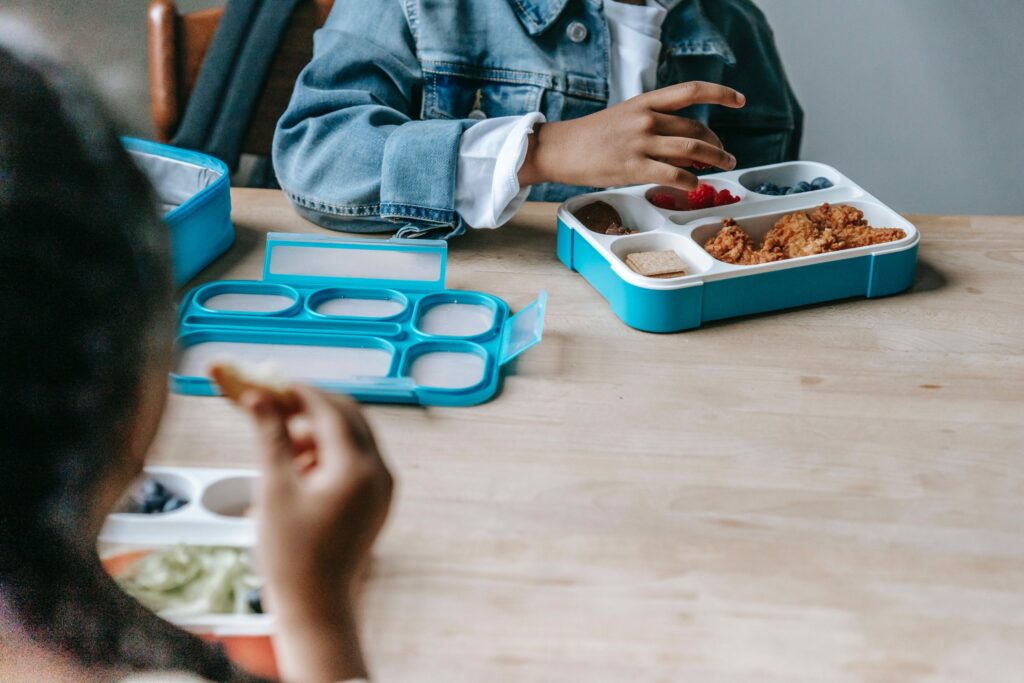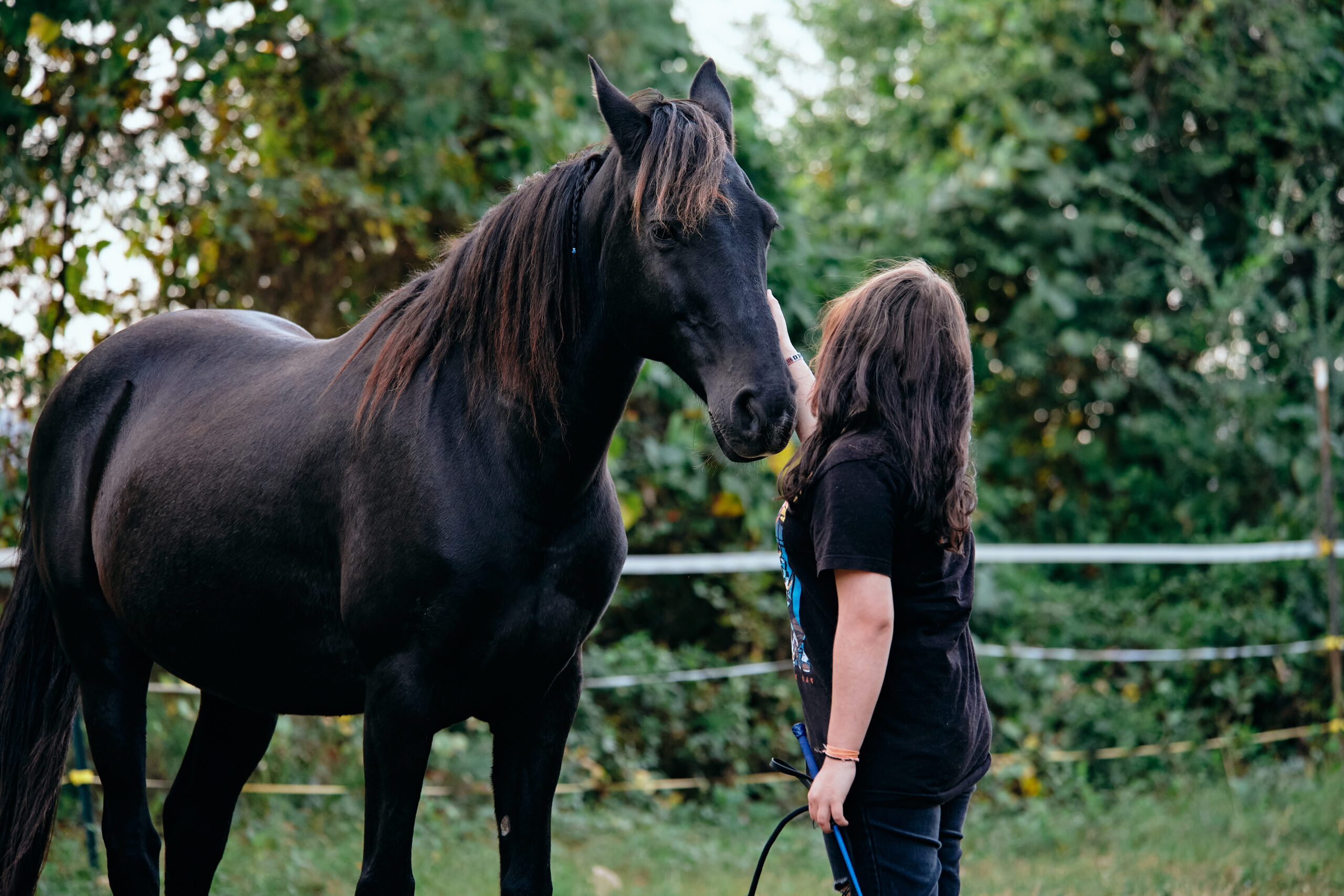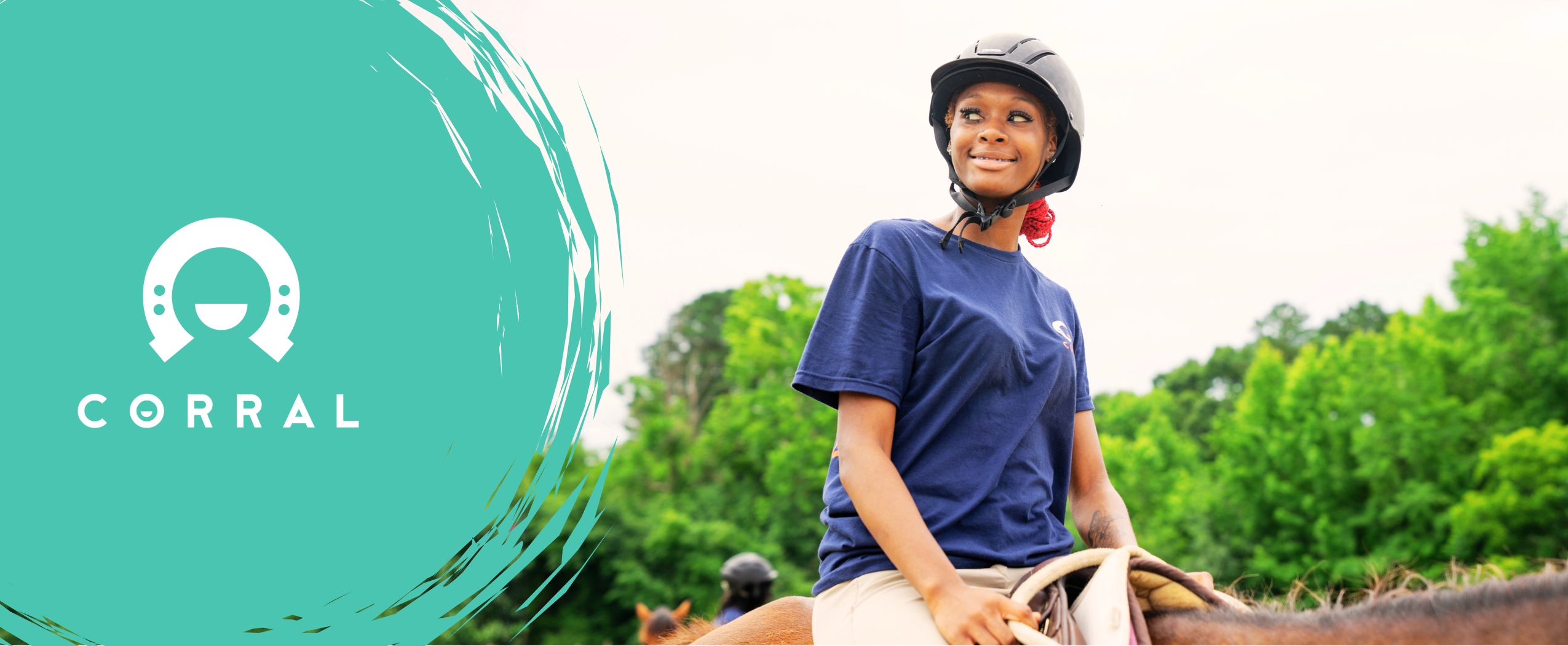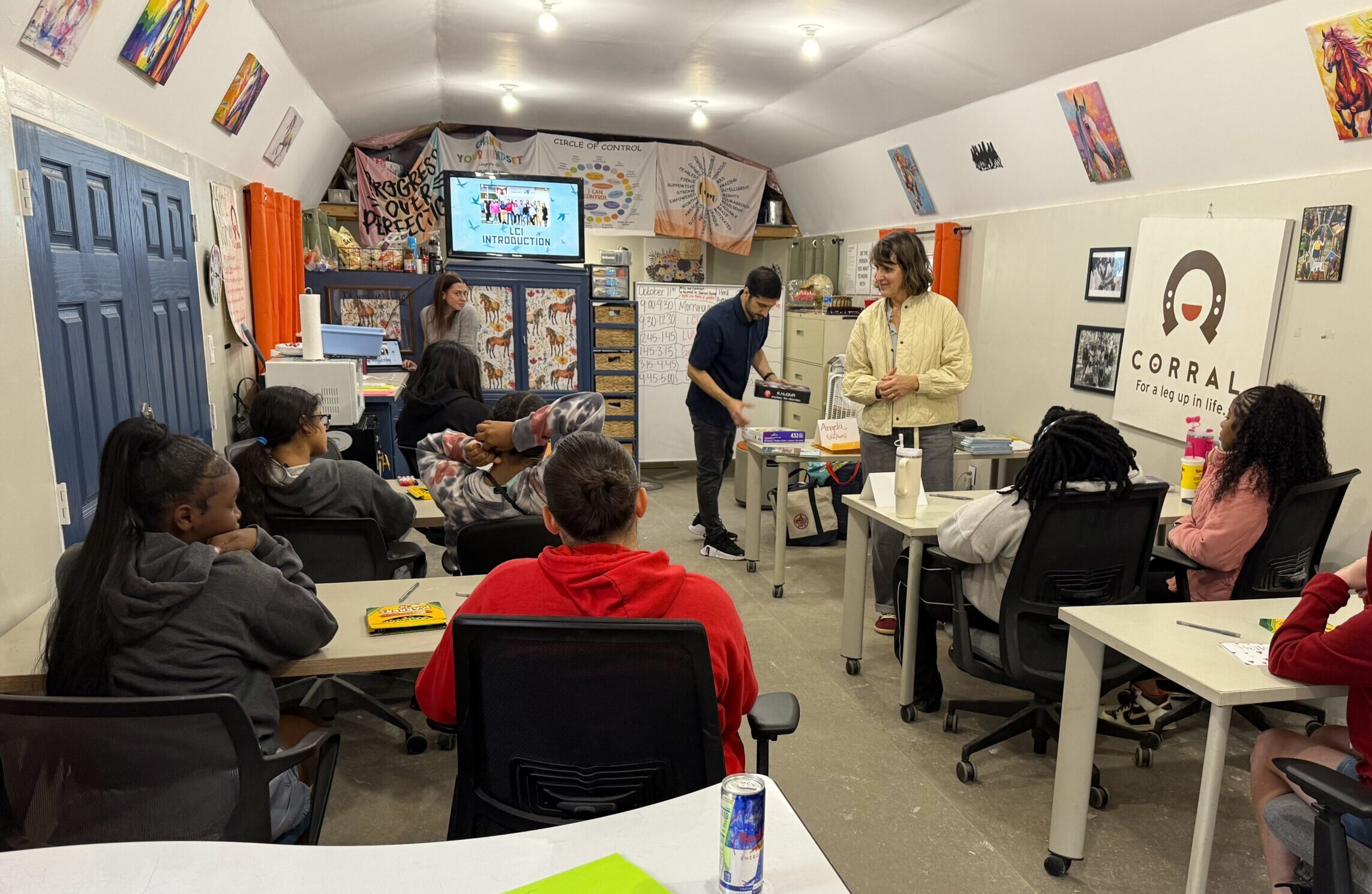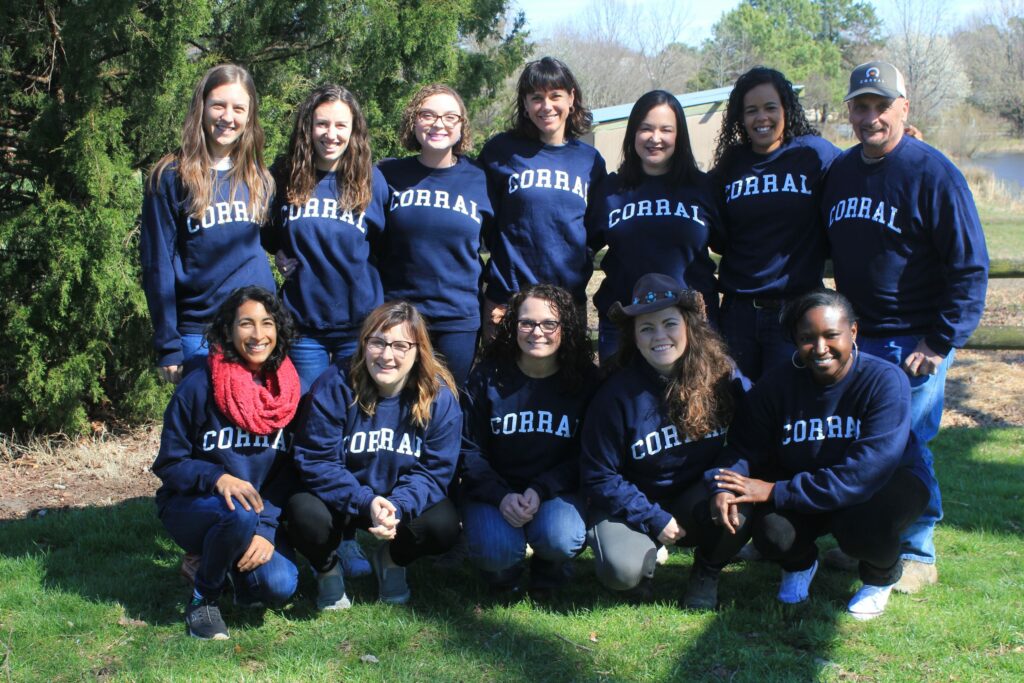Fun fact – before I became a Registered Dietitian, I was a high school science teacher. I absolutely loved teaching high school. I was, and still am, convinced that investing in education is the best chance for our society to move forward. So why did I move from the classroom to a career in public health nutrition? The answer is simple: I saw how poor diets were holding my students back from meeting their full potential academically.
This played out in a few ways. Some students came to school too hungry to focus. Some students had digestive issues that made it hard to focus. Some got sick really often, and I suspect their diets were not helping their immune systems. I came to believe that good nutrition was a missing piece of supporting teenager’s abilities to thrive.
So, as we are preparing to begin the new school year, here’s a few tips for helping your teenager, especially teenage girls, thrive in the classroom.
Tip #1
- Don’t skip breakfast. This is a simple one, so let’s start here. Teenagers have been skipping breakfast for years. As “intermittent fasting” has become a popular diet trend, teenage girls may be more tempted to skip breakfast. However, research repeatedly shows that students who eat breakfast have more energy, improved concentration, and better grades than those who skip breakfast. You can set the teenage girl in your house up for a successful school day by encouraging her to eat a breakfast that is low in added sugar, high in protein, and high in fiber. Here’s a few ideas:
- Whole wheat toast and eggs
- Yogurt with fruit
- Breakfast burritos
- Oatmeal
Tip #2
- Stay hydrated, and limit sugar sweetened beverages. This suggestion isn’t going to make me very popular, but it’s one of the most helpful and important things for teenage girls to know about nutrition. Staying well hydrated is necessary for your brain and body work the way they are designed to. Everyone has different fluid needs depending on their size and activity level. The goal should be for your urine to be mostly clear. Too much information? Maybe. But it’s important.
Here’s the part that won’t win me many friends – sugar-sweetened beverages are a big problem amongst teenagers. Three out of four teenage girls get more added sugar each day than is recommended, and the number one source of added sugar is sugary drinks. This includes soda, sports drinks, sweet tea, energy drinks, fruit punch, and sweetened coffee drinks. These drinks add what we call “empty calories” to the diet – which means calories that don’t have any nutritional benefit. They can cause blood sugar levels to rise and fall quickly, which can impact mood, energy levels, and ultimately be harmful for school performance. They can also lead to cavities and chronic diseases overtime.
The best beverage choice is water, and sparkling waters count! There are so many different flavors of sparkling water available now, so try reaching for these instead of sugar sweetened beverages.
Tip #3
- Beware of fad diets and pseudoscience. There’s a LOT of misinformation floating around the internet about nutrition. Most of it is created by people trying to sell something, or trying to scare you. Many of these pseudoscience fad-diets are a waste of money and energy at best, and they can lead to complicated or even harmful relationships with food later at worst. Sadly, teenage girls are really likely to come across these. It’s a good idea to listen to what your teenage girl is saying about food and diets, remind her that no one diet is a quick fix for anything, and encourage balance in all things.
If you are looking for reliable, evidence-based nutrition information for feeding your children here’s three easy-to- understand, reliable sources:
Tip #4
- Watch your language. Even if they don’t act like it, teenagers are always listening to what the adults around them say and do. What the adults in their lives say repeatedly tells young girls what is important. If teenagers hear their adult family members talking about “losing weight” or “being fat” more than they hear them talking about the importance of school performance, then they will eventually believe that their physical appearance is more important than their academic achievement. If you want to talk about how nutrition plays a role in health, that’s great! But keep the focus on how being healthy helps us live active lives, spend time with loved ones, and achieve our goals – not on appearances or self-worth.
Tip #5
- Pay attention to key nutrients. While all nutrients are important for everyone, there’s a few that are especially important for teenage girls. The chart below lists a few of these, along with their major benefits and some suggested sources. Before you start feeling overwhelmed, know that you can make sure your teenage girl is getting enough of these important nutrients by encouraging her to eat simple, everyday foods. A nourishing diet does not have to be fancy. Eating a variety of foods throughout the week like fruits, vegetables, dairy, eggs, beans, nuts, meats, and whole grains like brown rice, breads, corn tortillas, and quinoa can provide the nutrients teenage girls need. If you want more details, check out the chart below.
| Nutrient | Major benefit | Suggested Sources |
| Iron | Iron helps blood cells carry oxygen. Iron deficiency can cause fatigue which can hurt academic performance. | Red meat, shellfish, all kinds of beans, spinach, pumpkin seeds, quinoa, fortified cereal. |
| Vitamin D | Vitamin D supports a strong immune system, decreases risks for chronic diseases, supports bone health, and may even help improve symptoms of depression. | Spending time outside is the best way to get vitamin D!
Other sources are eggs, salmon, shrimp, fortified cereal, fortified milk, fortified yogurt, and fortified orange juice. |
| B-vitamins | B-vitamins help the cells in our body perform all the functions we need to keep energy levels high.
Not getting enough B vitamins can cause poor memory, difficulty concentrating, low energy, weakness, poor appetite and digestion. If pregnant women are deficient in vitamin B9, also known as folate, it can cause serious birth defects. | Eggs, milk, cheese, pork, chicken, leafy greens, fruits, nuts, whole grains. |
| Zinc | Three out of four teenage girls don’t get enough zinc daily. Zinc is needed for strong immune systems, which is important for regular school attendance. | Beef, pork, milk, cheese, poultry, eggs, seeds, nuts, whole grains |
| Carbohydrates, especially fiber | Low carb diets, like the keto diet, are really popular for weight loss, but they are generally not a good idea for teenage girls. Carbs are the body and the brain’s preferred energy source.
It’s important to eat high quality carbs that are rich in fiber. Most people don’t get enough fiber each day. Fiber keeps our digestive systems working properly, and helps prevent blood sugar spikes and crashes. | Fruit (not juice), Whole grain breads, whole grain pasta, brown rice, quinoa, potatoes, squash, rice, beans |
If that all seems a bit overwhelming, here’s the bottom line for helping your teenage girl be well nourished for a successful school year:
- Don’t skip meals, especially breakfast
- Stay hydrated by drinking lots of water, and limit sugary drinks as much as possible
- Beware of fad diets, and try to steer your teenager away from them
- Be mindful of how you talk about food, health, and body image
- Serve a variety of foods to make sure your teenager is getting key nutrients like iron, vitamin D, B vitamins, zinc, and high-fiber carbohydrates.
Sources
- https://www.eatright.org/food/nutrition/healthy-eating/5-reasons-your-teen-needs-breakfast
- https://www.dietaryguidelines.gov/sites/default/files/2020-12/Dietary_Guidelines_for_Americans_2020-2025.pdf
- https://www.healthline.com/nutrition/healthy-iron-rich-foods#5.-Red-meat
- https://onlinelibrary.wiley.com/doi/full/10.1111/j.1365-2796.2008.02008.x
- https://www.healthline.com/health/food-nutrition/benefits-vitamin-d#food-sources
- https://healthychildren.org/English/ages-stages/teen/nutrition/Pages/Zinc-Good-For-Growth.aspx
- https://www.eatright.org/health/wellness/your-overall-health/nutrition-info-about-beverages

